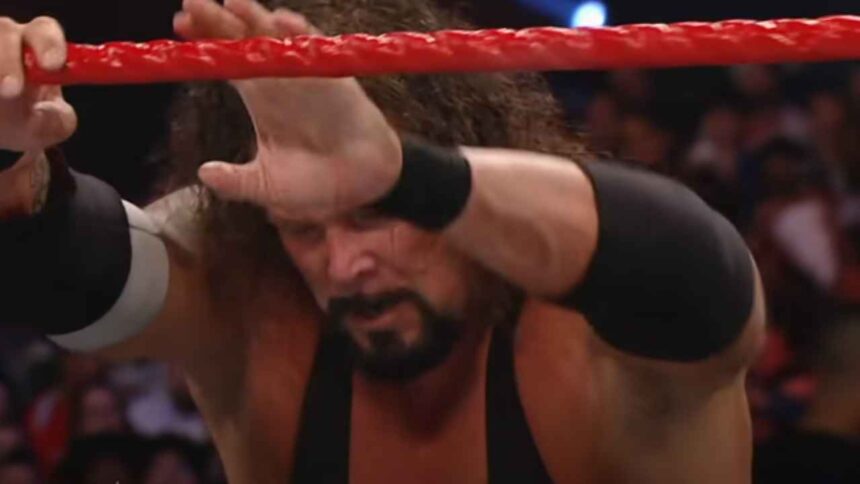In a candid revelation that has sent shockwaves through the wrestling community, WWE Hall of Famer Kevin Nash has admitted to being under the influence during his participation in the docuseries “Who Killed WCW?”. The series, which explores the downfall of World Championship Wrestling, has brought Nash back into the spotlight, prompting him to address his role in the iconic promotion’s demise.
Nash, renowned for his pivotal role in WCW’s heyday as part of the New World Order alongside Scott Hall and Hulk Hogan, shared his unfiltered thoughts on the podcast “Kliq This.” In a remarkably laid-back demeanor, Nash not only reflected on his contributions to WCW but also casually disclosed his state of mind during the interviews for the documentary. “I was stoned to the f*****g bone,” Nash admitted, shedding light on his relaxed approach to discussing the turbulent history of WCW.
Despite being indifferent to the analysis of WCW’s decline, Nash pointed out an underlying skepticism about the depth of analysis of the series suggesting “WCW Who Killed WCW?” Turner can look at important factors such as Broadcasting’s mismanagement of funding, which Nash believes played a major role in WCW’s ultimate decline
Kevin Nash’s recent comments have sparked mixed reactions within the boxing community, with some enthusiasts applauding his candor and others questioning the nature of his revelation types are appropriate, especially in the context of a record of serious matters. Despite the mixed reception, Nash remains steadfast in his belief that individuals with a grudge against the WCW era should consider stopping the hatred.
Nash’s advocacy of forgiveness and reconciliation reflects a broader view of professional wrestling and the dynamics of personal relationships within it His call to move beyond past conflicts demonstrates a desire to achieve healing and solidarity among colleagues who may have experienced turbulent times together.
While his remarks may spark debate, Nash’s commitment to promoting a more forgiving outlook underscores his belief in the potential for growth and maturity within the wrestling industry. By encouraging a shift towards understanding and reconciliation, he emphasizes the importance of collective growth and solidarity among wrestlers, past and present.
As the wrestling community reflects on Nash’s words, the discussion around forgiveness and moving forward continues to evolve, highlighting ongoing themes of reconciliation and unity within a dynamic and often competitive profession.
As “Who Killed WCW?” continues to unravel the complexities of WCW’s downfall, Nash’s candid statements provide a unique glimpse into the mindset of a wrestling legend who continues to influence the industry to this day.




